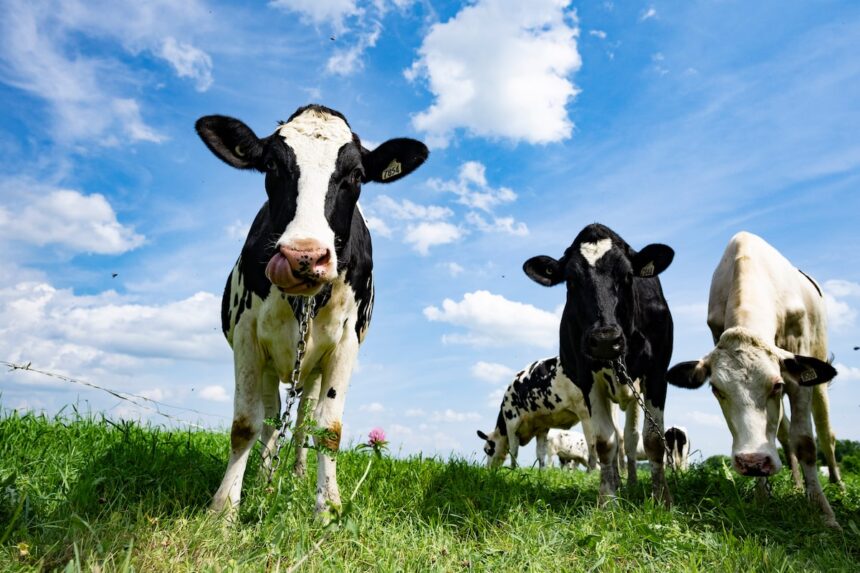In what could become the dairy industry’s most significant trade dispute of the decade, the U.S. International Trade Commission (ITC) has launched an investigation into allegations that American dairy proteins are being unfairly dumped into Canadian markets, threatening the carefully balanced supply management system that has defined Canadian dairy for generations.
The investigation, initiated last week following formal complaints from Canadian dairy producer associations, focuses specifically on milk protein isolates and concentrates—key ingredients in everything from protein shakes to infant formula. According to industry data, imports of these products from the United States have surged 37% since 2020, dramatically outpacing domestic consumption growth.
“This isn’t about fair competition—it’s about circumventing established trade frameworks,” said Marc Desmarais, spokesperson for the Dairy Farmers of Canada. “When U.S. producers sell these protein products at artificially low prices, they’re not just hurting Canadian farmers—they’re undermining the entire supply management infrastructure that ensures price stability for consumers.”
The investigation puts renewed pressure on the Canada-United States-Mexico Agreement (CUSMA), which already contains hotly contested dairy provisions. Under the agreement, Canada committed to providing American producers with expanded market access, but Canadian officials argue the current situation goes far beyond what was negotiated.
Documents filed with the ITC show price differentials as high as 27% between what U.S. companies charge domestically versus what they sell for in Canada. This practice, if confirmed as dumping, would violate World Trade Organization rules and potentially trigger retaliatory tariffs.
The U.S. Dairy Export Council has firmly rejected these claims, countering that Canadian markets remain artificially protected. “Canadian consumers pay nearly 40% more for dairy products than Americans because of an outdated supply management system,” said Thomas Gallagher, the council’s president. “American producers are simply offering competitive alternatives in the segments where we’ve been granted legitimate market access.”
The stakes extend beyond farm economics. The Canadian dairy industry generates $24.2 billion annually and supports over 221,000 jobs, according to Agriculture and Agri-Food Canada. Any significant disruption to the sector could send ripples through rural communities already facing economic pressures.
Trade analysts note this dispute represents a critical test for both countries’ new trade relationship post-NAFTA. “This investigation will establish important precedents about how dairy trade disputes are resolved under CUSMA,” explained Dr. Emmanuelle Latraverse, international trade expert at the University of British Columbia. “The outcome could influence agricultural trade dynamics across North America for years to come.”
The ITC is expected to issue preliminary findings by mid-April, with final determinations potentially coming before summer. If dumping is confirmed, Canada could impose countervailing duties on U.S. dairy protein imports, potentially triggering a broader trade confrontation.
As both sides prepare their arguments, one thing remains clear: in the complex world of international dairy trade, the line between fair competition and market manipulation has never been more contested—or consequential for the future of North American agricultural relations.









